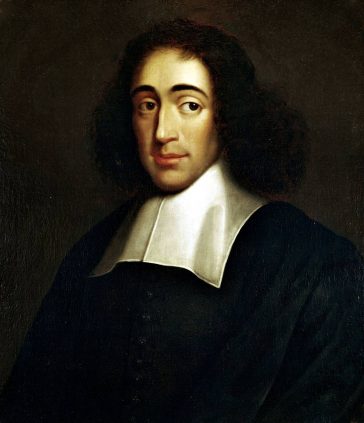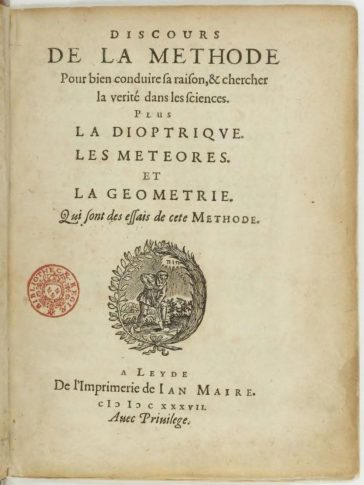Aesthetics
Aesthetics is a discipline of philosophy whose object is perceptions, senses, beauty (in nature or art), or exclusively that which relates to the concept of art. The aesthetic corresponds to the domain designated until the eighteenth century by “science of … Read More










